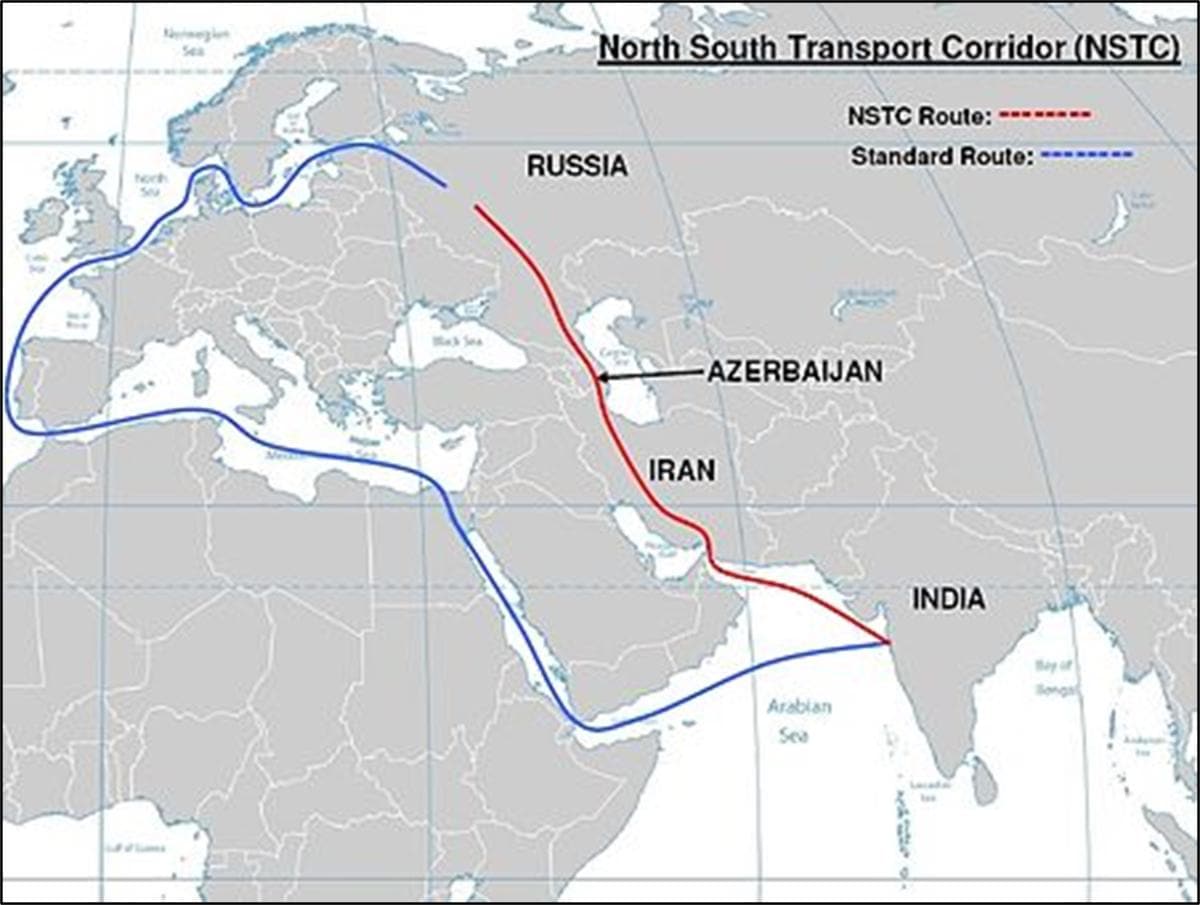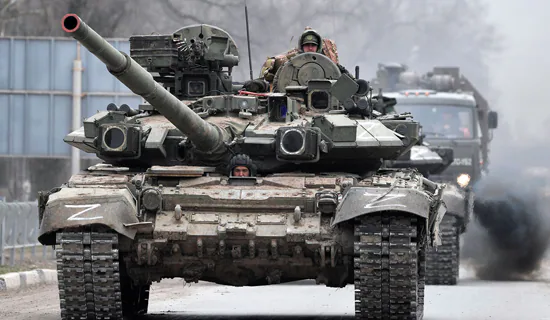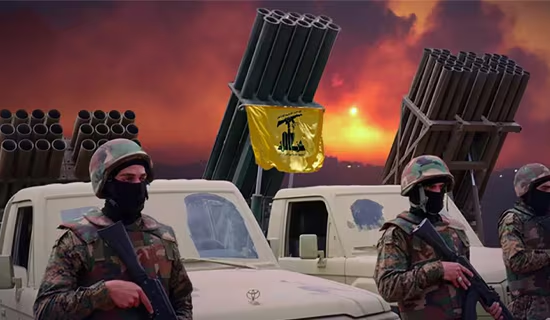In a recent article, senior Pakistani columnist Durdana Najam noted that Imran Khan, who was voted out as prime minister of Pakistan on April 10, 2022, remains popular for his allegations, which the U.S. and the Pakistani military have denied, that it was the United States that conspired to have him removed for following a foreign policy independent of U.S. pressure.
Imran Khan, known for his Islamist views and radical anti-Americanism, has called for a series of mass protests to demand elections that otherwise were scheduled for 2023.[1] In an article titled "The Albatross Of Debt Trap And U.S. Intervention," Najam writes: "Imran Khan has won back the hearts of his constituents."
However, Najam's article is more significant for her observation of how global geopolitics is undergoing rapid change, with Russia and China reshaping its contours. She also noted that the Chinese-built Gwadar port on the coast of Pakistan's Baluchistan province is set to transform the geostrategic scenario in this region.

Russia, Iran, and India collaborating on international corridor (map: Wikipedia)
Following are excerpts from Najam's article:[2]
"The Syrian War Was The First Blow To The U.S. Intervention Theory When Russia And China Joined Hands Against The Former As Well As Its Arab Allies"
"The U.S. is hated and disliked by both its allies and enemies for playing a self-created role as the world police and legitimizing the right to change regimes or intervene in a foreign country to restore democracy or protect human rights. No country can rear its head as a powerhouse, especially on the back of technological advancement, [and by becoming] a military stronghold, and most importantly, an economic giant.
"For decades, the U.S. had held the reign of distribution of petroleum products and controlled countries potentially rich in oil and gas through CIA. Israel in the Middle East has been the largest U.S. benefactor as well as a bulwark against Arab monarchies and authoritarian governments that had to be kept under the watch lest they challenge the U.S. or Israel's power in the region.
"However, with the turn of the century, with the coming of September 11, and with the intervention in three wars for regime change – in Afghanistan, Iraq, and Syria – the world shifted the paradigm of power in favor of multiple city-states.
"The emergence of China and Russia proved to be a game-changer. This new block provided relief to the world strapped with no other choice but to find a place of shadow under the all-powerful U.S. umbrella. The Syrian war was the first blow to the U.S. intervention theory when Russia and China joined hands against the former as well as its Arab allies to resist the ouster of President Bashar al-Asad."
"The Gradual Inroad Of China Into The Energy Sector And Russia's Near Invasion Of Europe Through Pipeline Diplomacy Loosened The Reliance Of The World On The U.S."
"The gradual inroad of China into the energy sector and Russia's near invasion of Europe through pipeline diplomacy loosened the reliance of the world on the U.S. Moreover, CPEC [China-Pakistan Economic Corridor], the pivotal BRI [Border Road Initiative] component, is taking wings in Pakistan; and Gwadar [port] is all set to become the alternative to the Suez Canal and other global navigational grid.
"On the other hand, India, Russia, and Iran have also joined hands to build a 7,200-km International North-South Transport Corridor. These projects shall move the world away from the U.S.-controlled Sea Lines of Communications. According to a Wall Street Journal story, the de-facto King of Saudi Arabia and the Emirati leaders refused to take Joe Biden's call made to stall the formers' relations with Russia. India had also dismissed the demand [i.e., the U.S. pressure] calling it an intervention in their national interest.
"Pakistan is heavily dependent on the U.S.-managed multilateral lending agencies to survive. This albatross of debt trap cannot sustain the U.S. pressure and might have possibly given in. The truth of this cipher telegram [i.e., the diplomatic cable from Pakistani embassy in Washington DC, resulting in Imran Khan's allegation that the U.S. government conspired to remove him] can only be known if an impartial inquiry is held on it – one on which all the stakeholders have consensus.
"Otherwise, had not we seen regime changes through a plane crash [killing President Gen. Zia-ul-Haq], the hanging of a prime minister [Z.A. Bhutto managed through Pakistani Supreme Court], and the ouster of an elected government [by Pakistani military in a coup] prior to 9/11?"
[1] MEMRI Special Dispatch Series No. 4263, Pakistani Cricketer-Turned-Politician Imran Khan Explains His Islamic Beliefs: "It Was Not Until Salman Rushdie [Published His] 'Satanic Verses' That My Understanding of Islam Began to Develop", November 8, 2011.
[2] The Express Tribune (Pakistan), April 23, 2022. The original English of the article has been lightly edited for clarity and standardization.




